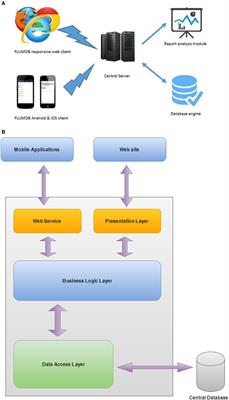EDITORIAL
Published on 30 Apr 2018
Editorial: Precision Public Health
doi 10.3389/fpubh.2018.00121
- 14,490 views
- 63 citations
31k
Total downloads
148k
Total views and downloads
EDITORIAL
Published on 30 Apr 2018
REVIEW
Published on 07 Mar 2018
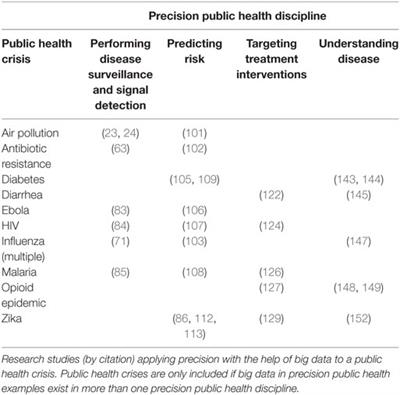
CORRECTION
Published on 22 Dec 2017
OPINION
Published on 14 Sep 2017
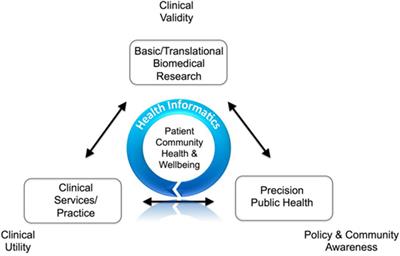
OPINION
Published on 08 Sep 2017
ORIGINAL RESEARCH
Published on 24 Jul 2017

PERSPECTIVE
Published on 06 Jun 2017
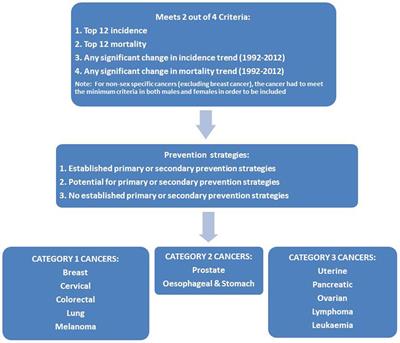
PERSPECTIVE
Published on 10 Apr 2017
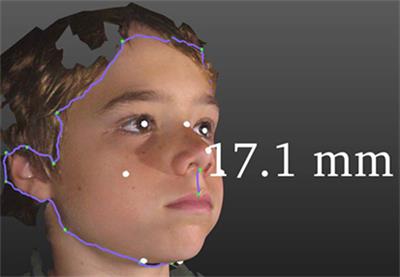
REVIEW
Published on 04 Apr 2017
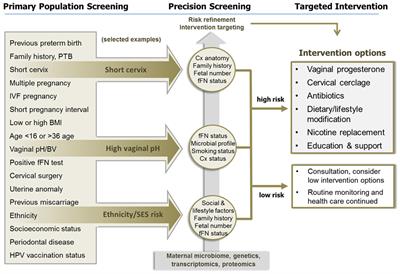
ORIGINAL RESEARCH
Published on 03 Apr 2017
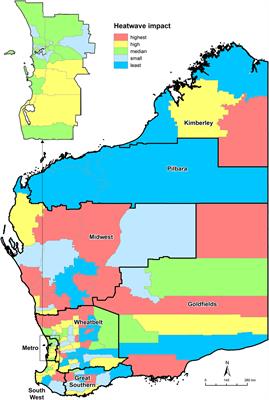
MINI REVIEW
Published on 21 Mar 2017
TECHNOLOGY REPORT
Published on 17 Mar 2017
